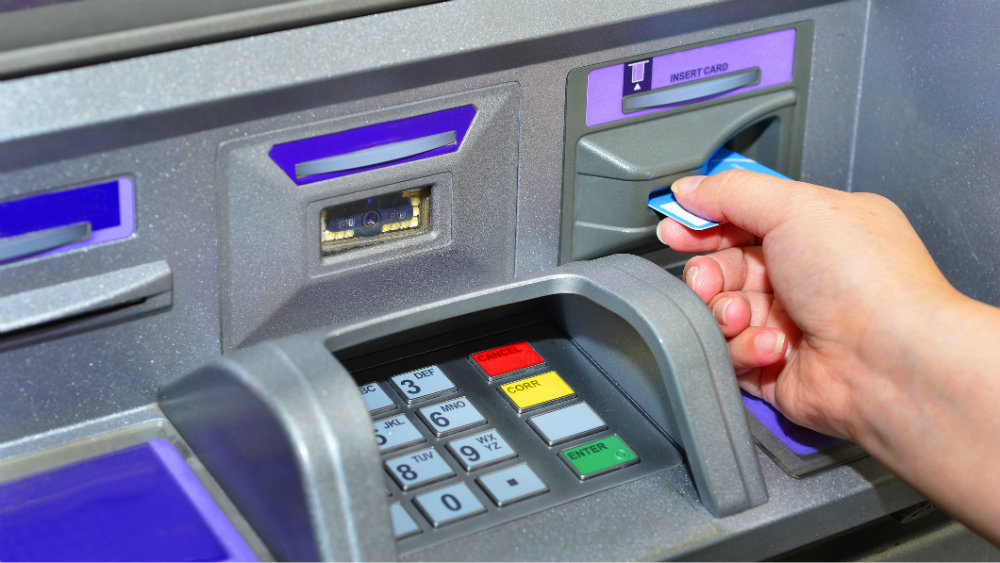Canadian bank stocks’ performance reflects how well or badly the economy is doing. Key macro factors, which affect the Canadian banks, include the unemployment rate and the gross domestic product (GDP).
After discussing these factors, I’ll talk about what investors can expect from the Canadian bank stocks this year, and what investors should do with their Canadian bank stock holdings.
How Canadian bank stocks are affected by a higher unemployment rate
The fight against the global coronavirus pandemic has pushed up the unemployment rate. Unfortunately, many companies are forced to temporarily lay off workers. Businesses and people earning less will lead to lower spending and lower borrowing. This does not bode well for the Canadian bank stocks.
The unemployment rate should fall when businesses resume normal operations. However, the economic recovery could be slower than expected, depending on how long it takes to combat the virus.
According to Statistics Canada, the Canadian unemployment rate rose from 5.5% in January to 7.8% in March. However, that’s still lower than the 8.5% mark in 2009.
Many of the big Canadian banks also have meaningful U.S. exposure. According to the Bureau of Labor Statistics, the U.S. unemployment rate climbed from 3.6% in January to 4.4% in March. However, that’s still a long way off from the 10% mark in 2009 when the country was experiencing a recession.
Lower gross domestic product
As Investopedia explains, “GDP is the total monetary or market value of all the finished goods and services produced within a country’s borders in a specific time period. As a broad measure of overall domestic production, it functions as a comprehensive scorecard of the country’s economic health.”
For countries around the world, including Canada and the U.S., the GDP is likely to decline year over year because of slower economic activities due to lockdowns to fight the virus. The big question is whether GDP growth can restore as soon as 2021.
Canadian bank stocks: What investors can expect in 2020
Canadian bank stocks will deliver slow-to-negative growth this year. That said, it’s highly unlikely that the dividends will be cut. However, due to the far and wide impact of the pandemic, the banks may ultimately freeze their dividends instead of the usual once-a-year dividend hikes.
Most Canadian banks’ payout ratios of about 50% or lower also suggest sustainable dividends that have a sufficient margin of safety.
Rather than focusing on the bad earnings from the Canadian bank stocks through 2020, investors should focus on the inevitable recovery of the economy in the long run.
BNS Dividend Yield data by YCharts
Throughout the year, especially, on dips, investors should accumulate quality Canadian banks to lock in high dividend yields for long-term passive income generation. For instance, the chart above illustrates that BNS stock offers a historically high yield.
The Foolish bottom line
Investors who have a short-term investment horizon should avoid Canadian bank stocks. Here at Motley Fool, we focus on long-term investing.
Long-term investors who wish to generate passive income should consider buying (more) shares of their favourite Big Six Canadian bank stocks to lock in historically high yields.
The Canadian banking businesses aren’t any different from a few months ago when they were trading at much higher levels. What’s different is the short-term economic headwinds.
Investors must have faith that inescapably, the North American economy will recover, as will the Canadian bank stocks.









